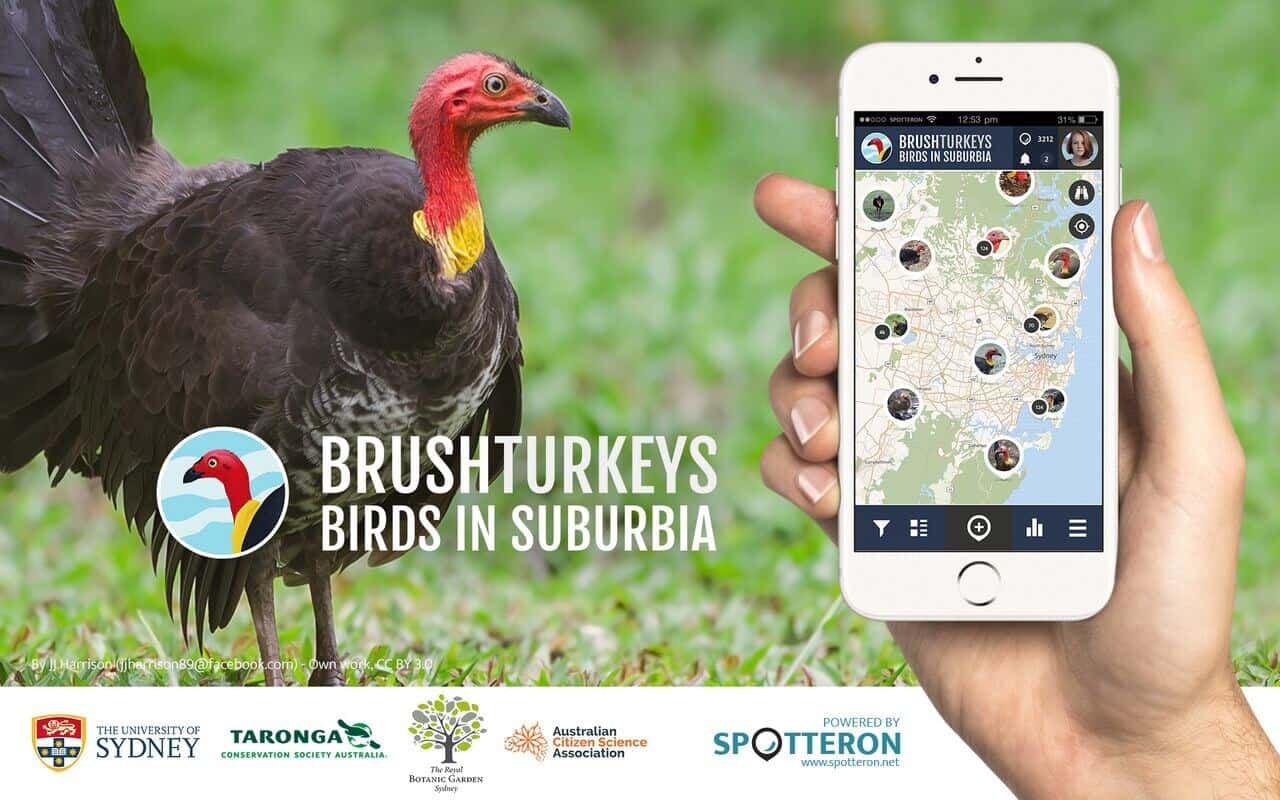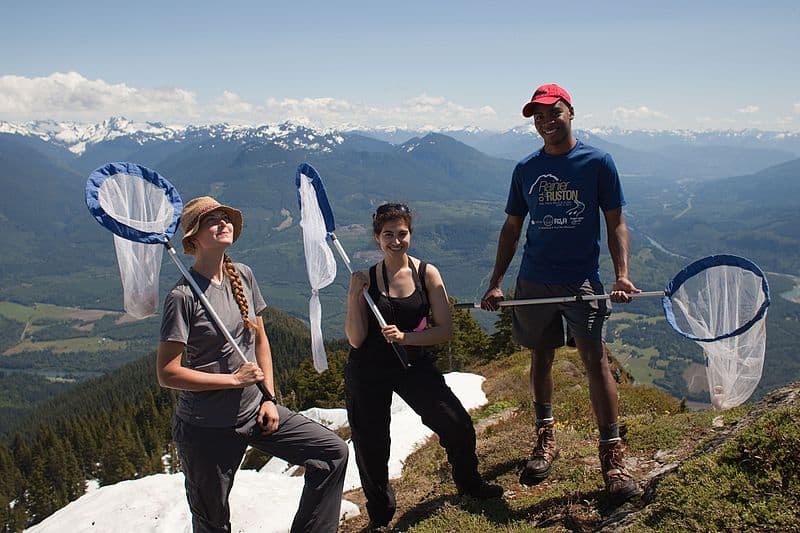Citizen scientist? Do you want to have a career in conservation science, but you aren’t quite sure how to begin?
Or perhaps you wish you had been a scientist, and feel you’ve missed your chance? However, don’t despair… it’s never too late to become a citizen scientist.
What is a Citizen Scientist?
A ‘citizen scientist’ is a member of the general public who is participating in a scientific project. That definition is pretty broad, and it’s meant to be.
However, the less defined, the more that scientists can achieve. When there are more people collecting data, the broader, and therefore more valuable, the results.
10 Principles of a Project
The Australian Citizen Science Association lists 10 principles which can help you sift the wheat from the chaff:
- 1Projects actively involve citizens in a scientific endeavour that generates new knowledge or understanding.
- 2They have a genuine scientific outcome.
- 3Citizen science provides benefits to both science and society.
- 4These citizen scientists may participate in various stages of the scientific process.
- 5They must receive feedback from the project.
- 6This kind of science, as with all forms of scientific inquiry, has limitations and biases that scientists must consider and control.
- 7Where possible and suitable, project data and meta-data from citizen science projects are made publicly available and results are published in an open-access format.
- 8Citizen scientists receive a suitable acknowledgement from scientists running the projects.
- 9These programs offer a range of benefits and outcomes that are acknowledged and considered in project evaluation.
- 10The leaders of citizen science projects take into consideration the legal and ethical considerations of the project.
Focus on a Species
You can register sightings of butterflies in Brisbane; investigate rock pools for sea slugs on the Gold Coast; or even record the activities of pesky urban brush turkeys for the University of Sydney. However, if you don’t want to focus on a specific species, why not upload ALL your wildlife flora and fauna photos to iNaturalist?

iNaturalist
This handy global app breaks down the barriers between you and the scientific world. Your images are shared with naturalists and data banks. However, you also build a personal list of your encounters and experts help you identify the organisms you observe!
Help Conservation
Participating in a citizen science project is a great way to find out if science is for you. It lets you participate in meaningful scientific work without needing a degree.
Best of all, you are helping build a bank of data that improves our knowledge of the natural world. Just like I did when I created my Saving Sun Bears book.
What sort of projects would you like to be involved with? Let me know in the comments.

